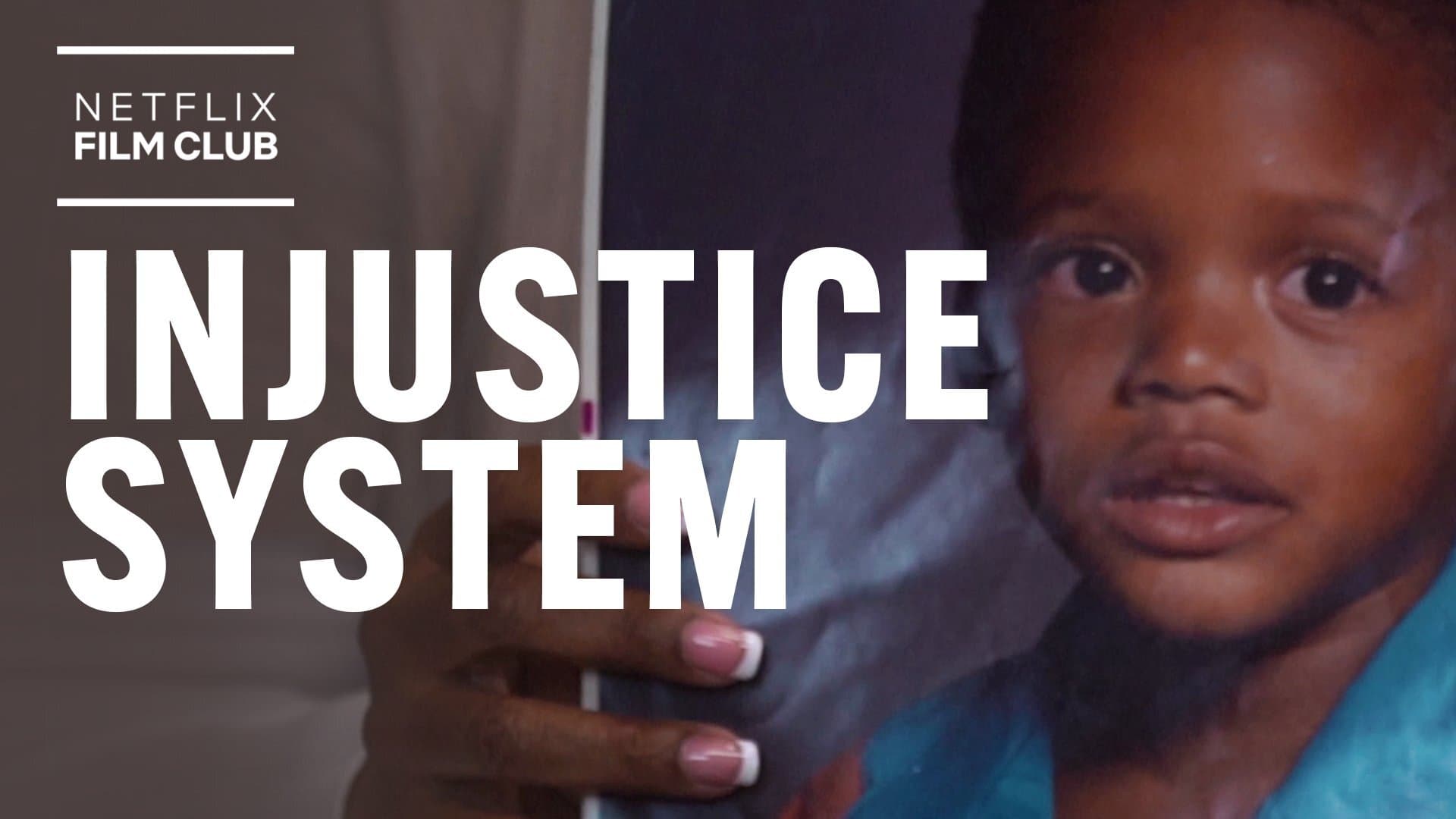
Injustice System
Similar Movies
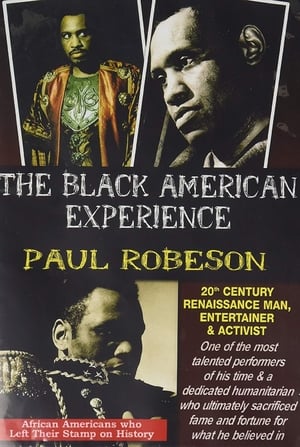 0.0
0.0Paul Robeson: 20th Century Renaissance Man, Entertainer & Activist(en)
Paul Robeson was a celebrated African-American Actor, Athlete, Singer, Writer, and Civil Rights Activist. Robeson's many achievements are chronicled in this program, ranging from playing with the NFL to graduating from Columbia Law School, performing on Broadway and in Hollywood films to founding the American Crusade against Lynching as well as Council on African Affairs. Robeson was one of the most talented performers of his time and a dedicated humanitarian who ultimately sacrificed fame and fortune for what he believed in. His association with Leftist Politics during the era of the Cold War, and frequent denouncing of American political parties led to his eventual blacklisting with other prominent writers and artists during the McCarthy Era. His talents in all areas are remarkable, and his dedication to attaining a peaceful coexistence between all the people of the world is truly admirable.
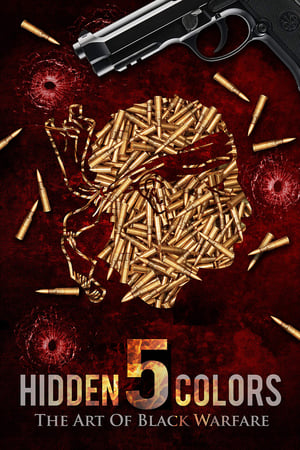 6.3
6.3Hidden Colors 5: The Art of Black Warfare(en)
The history of warfare as it relates to global Black society, broken down into 7 chapters that examines the ways the system of racism wages warfare from a historical, psychological, sexual, biological, health, educational, and military perspective.
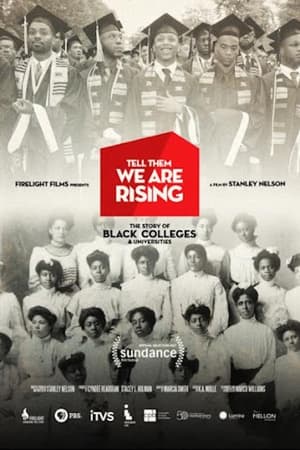 8.1
8.1Tell Them We Are Rising: The Story of Black Colleges and Universities(en)
A haven for Black intellectuals, artists and revolutionaries—and path of promise toward the American dream—Black colleges and universities have educated the architects of freedom movements and cultivated leaders in every field. They have been unapologetically Black for 150 years. For the first time ever, their story is told.
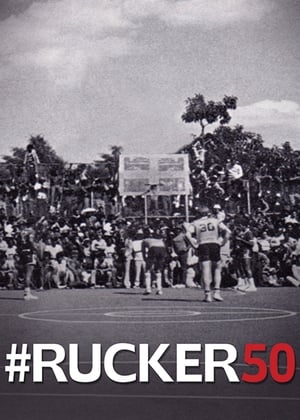 3.7
3.7#Rucker50(en)
The celebratory explosion of basketball history makers, legend shakers and lawbreakers; juxtaposed against important events in Civil & Human Rights. The 50 years of The Rucker's ripples reverberate throughout Basketball, Hip-Hop, Harlem, and life.
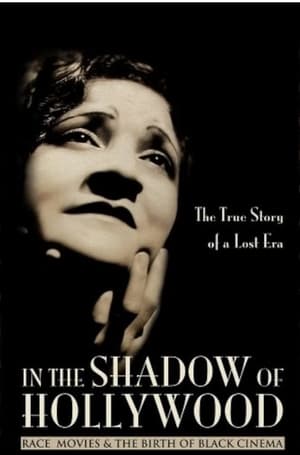 6.5
6.5In the Shadow of Hollywood: Race Movies and the Birth of Black Cinema(en)
This documentary captures the sounds and images of a nearly forgotten era in film history when African American filmmakers and studios created “race movies” exclusively for black audiences. The best of these films attempted to counter the demeaning stereotypes of black Americans prevalent in the popular culture of the day. About 500 films were produced, yet only about 100 still exist. Filmmaking pioneers like Oscar Micheaux, the Noble brothers, and Spencer Williams, Jr. left a lasting influence on black filmmakers, and inspired generations of audiences who finally saw their own lives reflected on the silver screen.
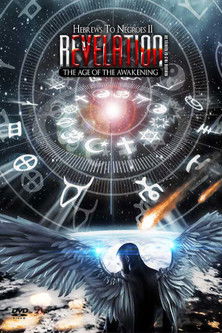 0.0
0.0Hebrews to Negroes 2: Revelation - The Age of The Awakening(en)
Hebrews to Negroes 2 : Revelation is a documentary that uncovers the 'True Biblical Identity" and Ancestral Homeland of the people living in North Africa, the Middle East and the Levant (Palestine, Lebanon, Jordan, Syria, Israel). Find out what "secrets" have been hidden for centuries in regards to the "Identity" Theft of the True Descendants of Abraham and Jacob with the Children of Japheth.
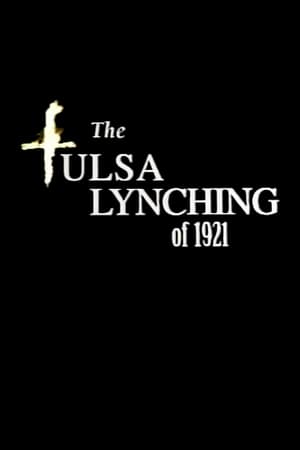 0.0
0.0The Tulsa Lynching of 1921: A Hidden Story(en)
Documents the race riot of 1921 and the destruction of the African-American community of Greenwood in Tulsa, Oklahoma. With testimony by eyewitnesses and background accounts by historians.
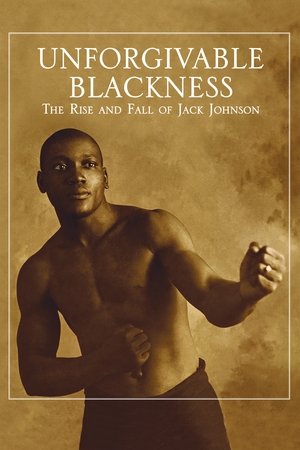 7.1
7.1Unforgivable Blackness: The Rise and Fall of Jack Johnson(en)
The story of Jack Johnson, the first African American Heavyweight boxing champion.
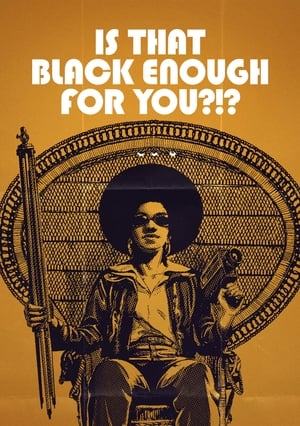 7.4
7.4Is That Black Enough for You?!?(en)
A look at the Black revolution in 1970s cinema, from genre films to social realism, from the making of new superstars to the craft of rising auteurs.
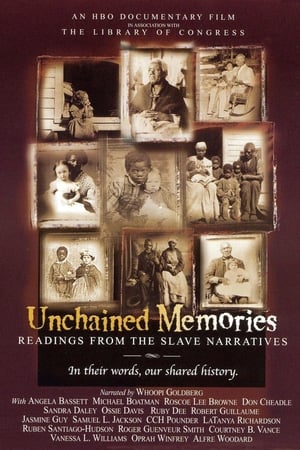 4.8
4.8Unchained Memories: Readings from the Slave Narratives(en)
When the Civil War ended in 1865, more than four million slaves were set free. Over 70 years later, the memories of some 2,000 slave-era survivors were transcribed and preserved by the Library of Congress. These first-person anecdotes, ranging from the brutal to the bittersweet, have been brought to vivid life in this unique HBO documentary special, featuring the on-camera voices of over a dozen top African-American actors.
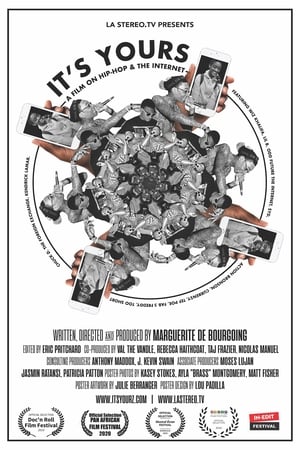 2.0
2.0It's Yours: A Film on Hip-Hop and the Internet(en)
By the dawn of the 21st century, hip-hop sales had reached an all-time high, but one thing has remained the same. The doors were still locked, and the music industry held the keys. Young artists began to self-market on the Internet, ultimately helping to collapse the music industry as we knew it. It’s Yours explores how it became possible to become a rap star through a Twitter account, YouTube site or Myspace page. It tells this story through the unique perspectives of numerous artists, producers, record industry insiders, and music and cultural critics.
 1.0
1.0August 28: A Day in the Life of a People(en)
Documentary film on events that happened on August 28th in African-American history, shown at the Smithsonian African-American History Museum.
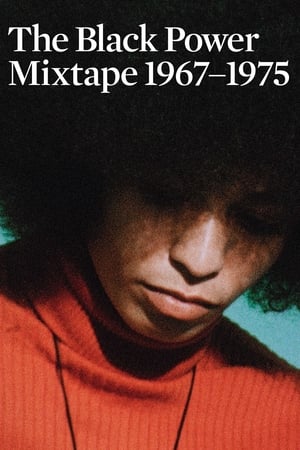 7.6
7.6The Black Power Mixtape 1967-1975(en)
Examines the evolution of the Black Power Movement in US society from 1967 to 1975. It features footage of the movement shot by Swedish journalists in the United States during that period and includes the appearances of Angela Davis, Bobby Seale, Huey P. Newton, Eldridge Cleaver, and other activists, artists, and leaders central to the movement.
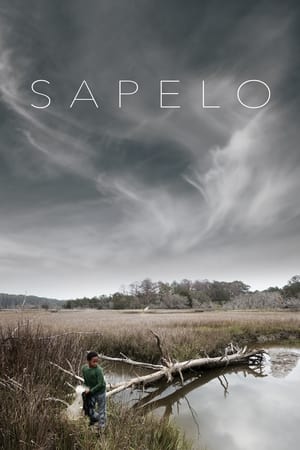 6.0
6.0Sapelo(en)
Sapelo is a feature-length documentary film that journeys within a unique American island to tell the story of two young brothers, their adoptive mother, and the last remaining enclave of the Saltwater Geechee people.
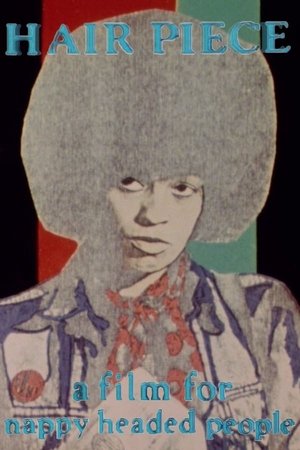 5.6
5.6Hair Piece: A Film for Nappy Headed People(en)
An animated satire on the question of self-image for African American women living in a society where beautiful hair is viewed as hair that blows in the wind and lets you be free. Lively tunes and witty narration accompany a quick-paced inventory of relaxers, gels, and curlers. This short film has become essential for discussions of racism, African American cinema, and empowerment.
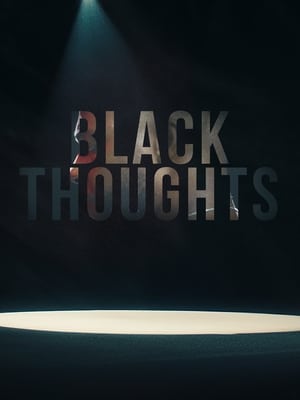 5.5
5.5Black Thoughts(en)
A man that is a stranger, is an incredibly easy man to hate. However, walking in a stranger’s shoes, even for a short while, can transform a perceived adversary into an ally. Power is found in coming to know our neighbor’s hearts. For in the darkness of ignorance, enemies are made and wars are waged, but in the light of understanding, family extends beyond blood lines and legacies of hatred crumble.
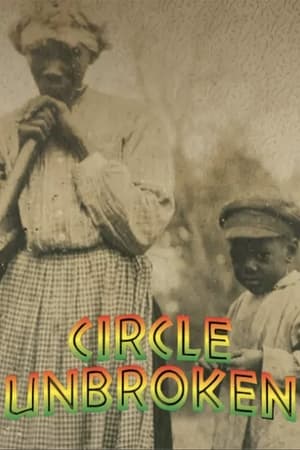 0.0
0.0Circle Unbroken: A Gullah Journey from Africa to America(en)
75% of all enslaved Africans coming to America came in through Beaufort and the sea islands of South Carolina. This beautiful and picturesque tourist destination, by its unique history is the epicenter of the Gullah culture and the foundation of African American history; the result of the mingling of West African slaves with the plantation culture awaiting them in America.
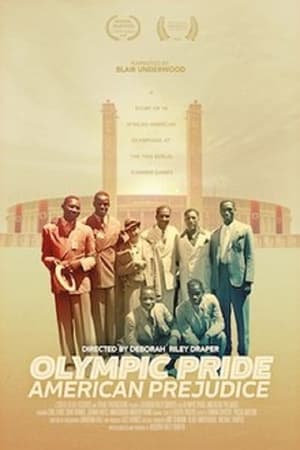 7.0
7.0Olympic Pride, American Prejudice(en)
In 1936, 18 African American athletes dubbed the "black auxiliary" by Hitler defied Nazi Aryan Supremacy and Jim Crow Racism to win hearts and medals at the 1936 Summer Olympic Games in Berlin. The world remembers Jesse Owens. But, Olympic Pride American Prejudice shows how all 18 are a seminal precursor to the modern Civil Rights Movement.
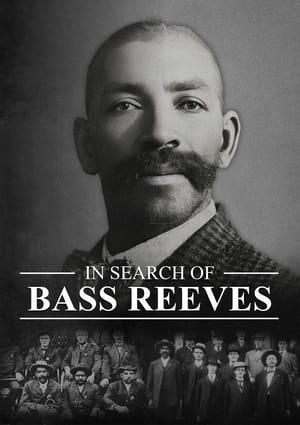 5.7
5.7In Search of Bass Reeves(en)
By the end of his illustrious career, Deputy U.S. Marshal Bass Reeves may well have been the preeminent lawman of the Old West. He brought upwards of 3,000 outlaws to justice and served in law enforcement for 32 years during Reconstruction after the Civil War. His story is one of an escape to freedom and the dangers of the West for a former slave who rose to become a legend of the law. Join us as we go in search of Bass Reeves.
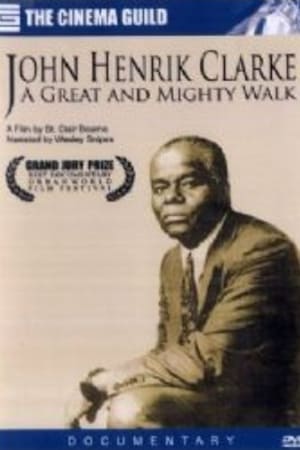 1.0
1.0John Henrik Clarke: A Great and Mighty Walk(en)
John Henrik Clarke talks about Black history.